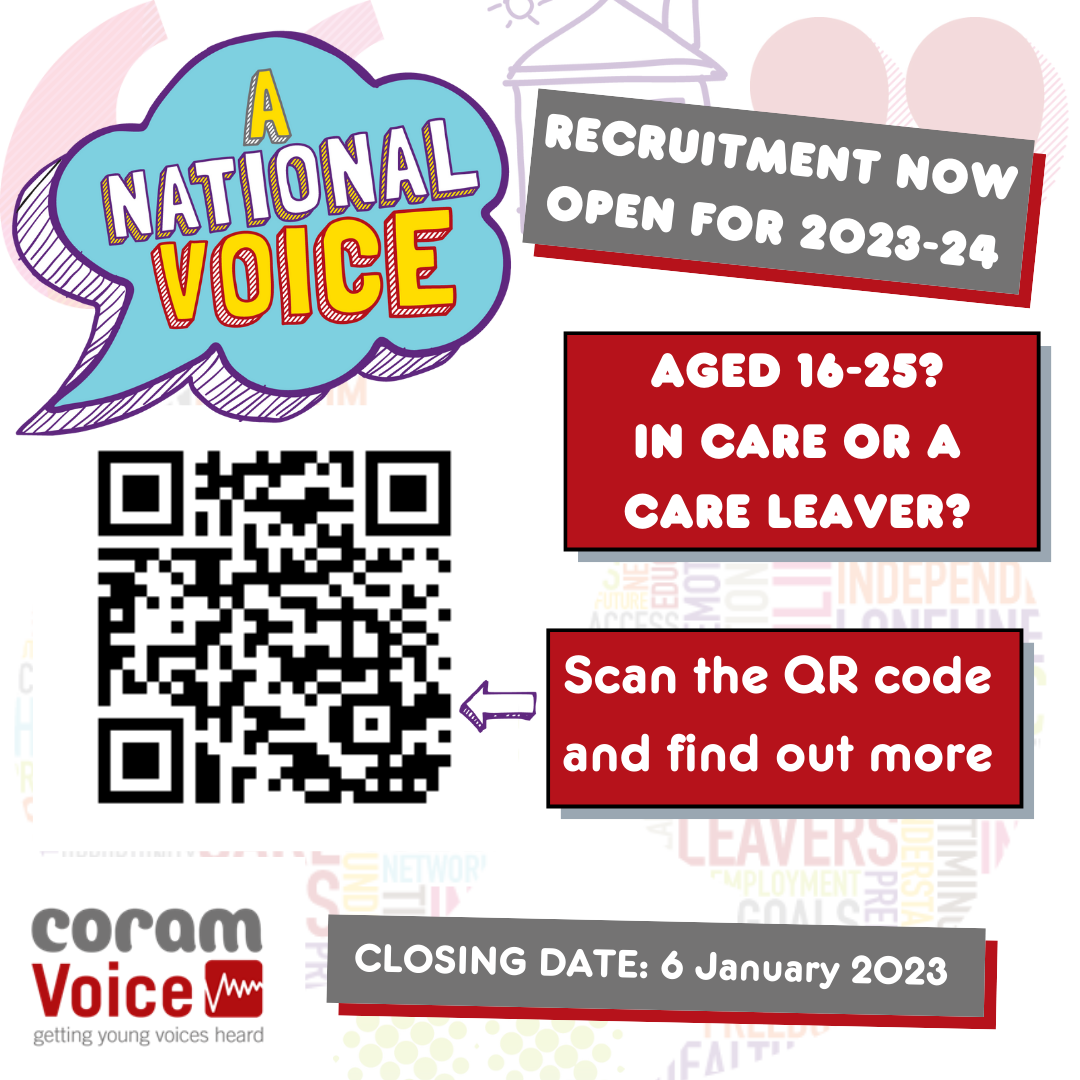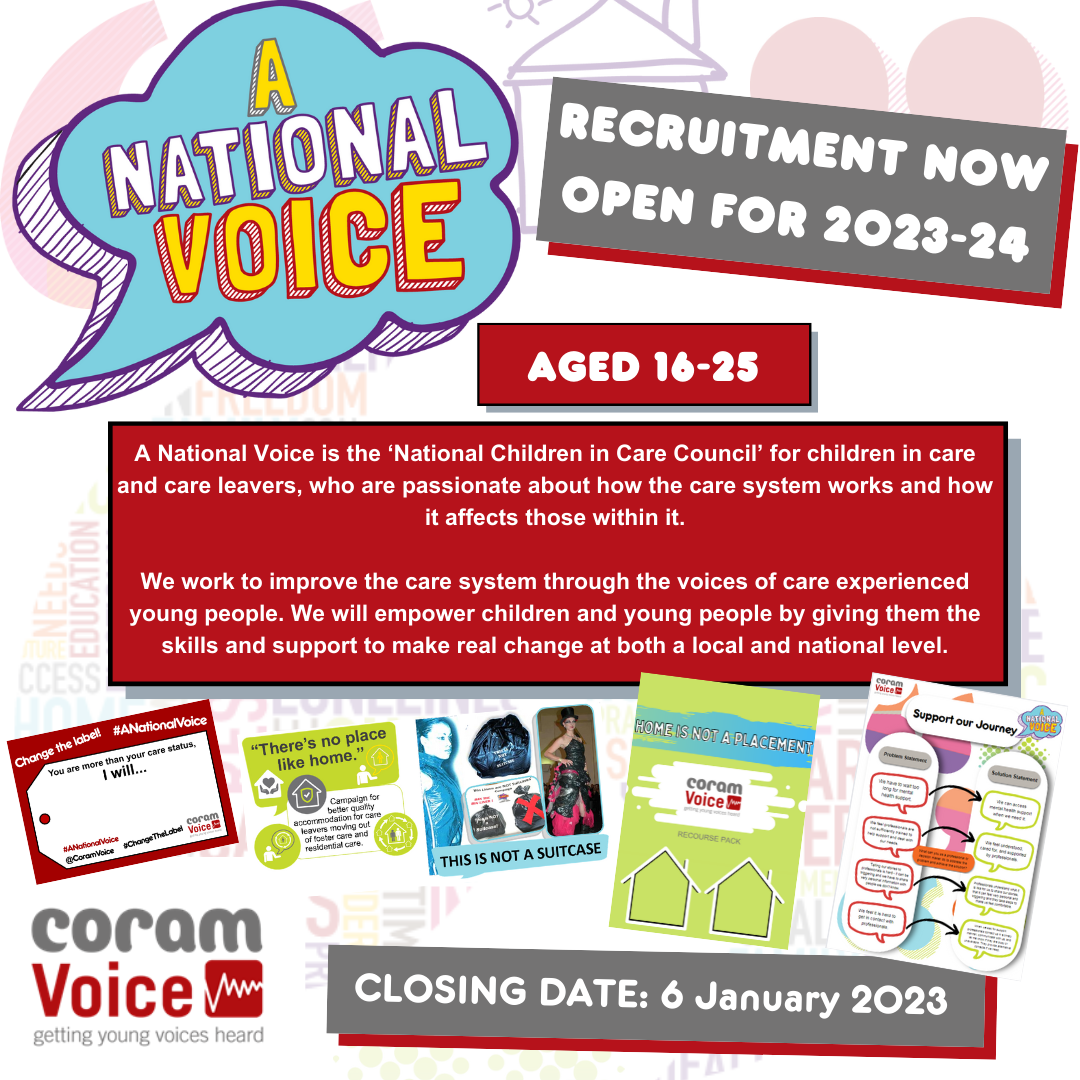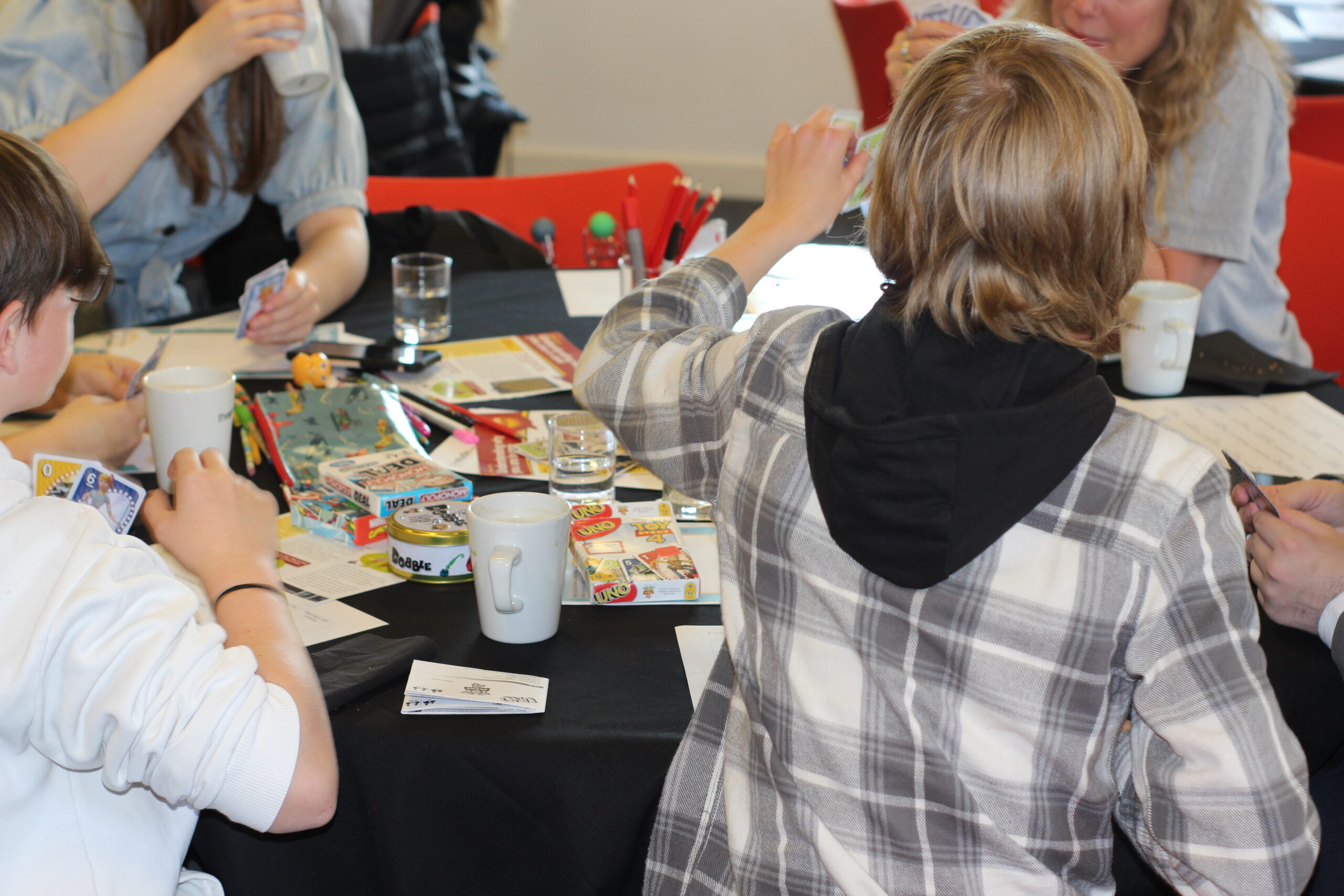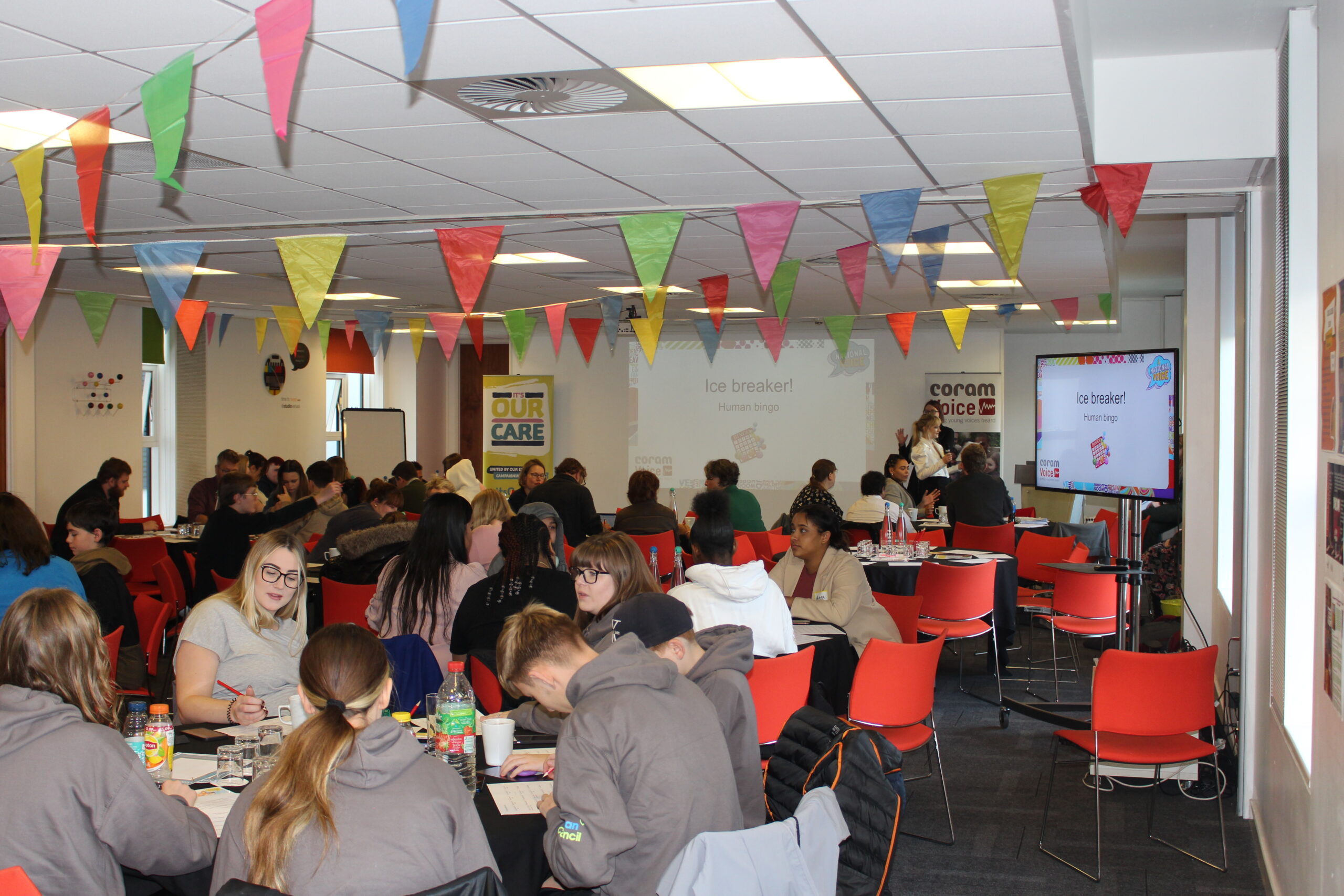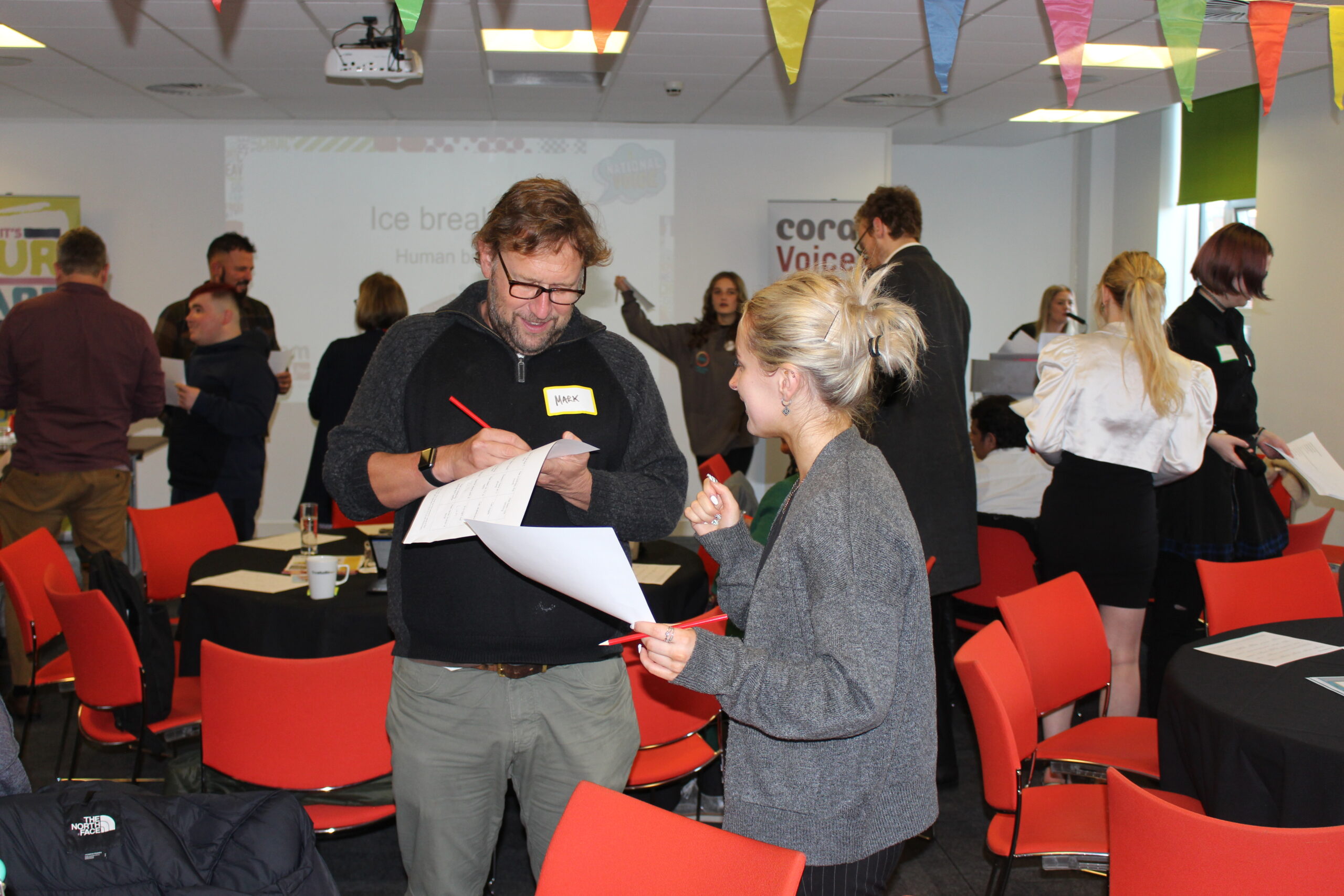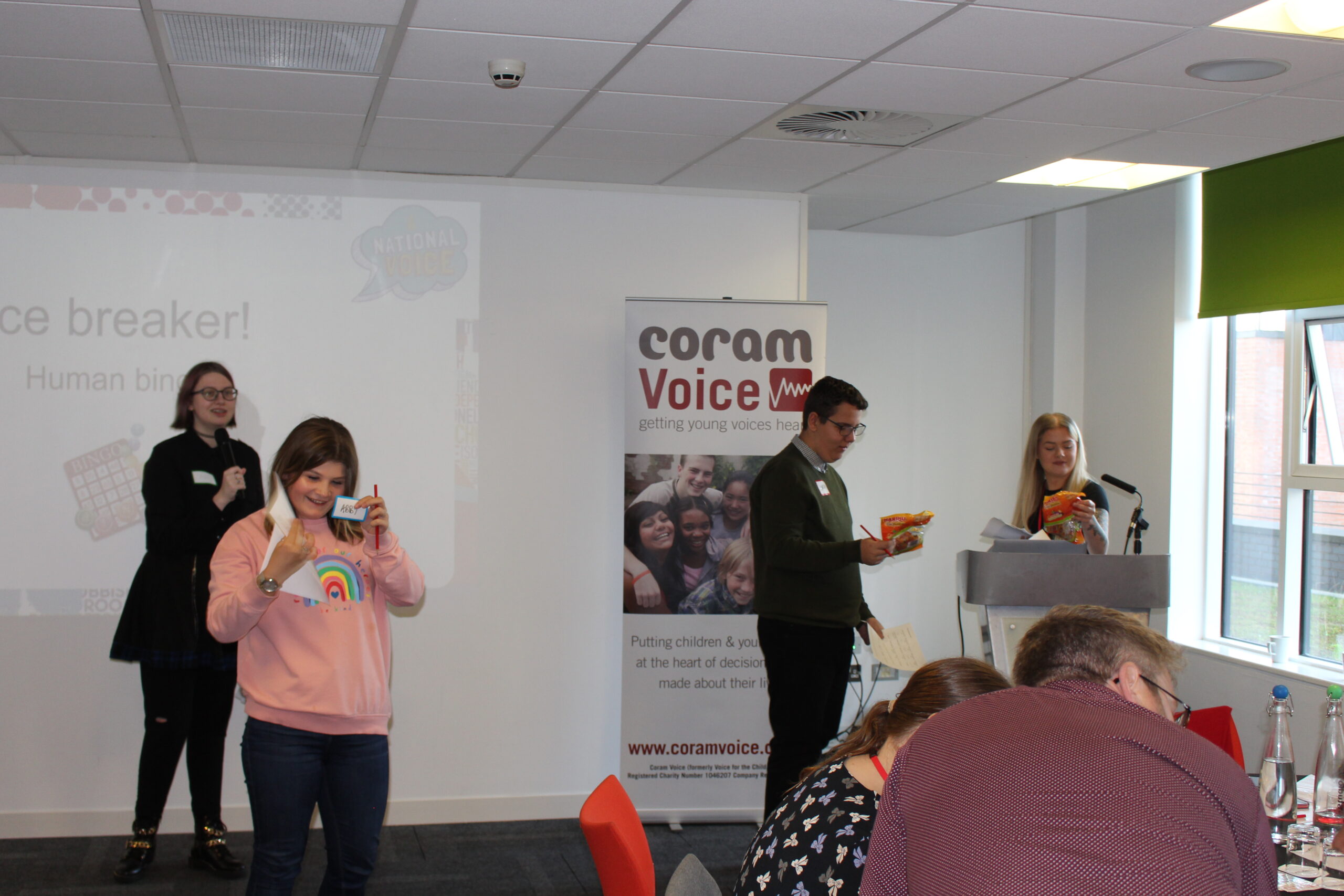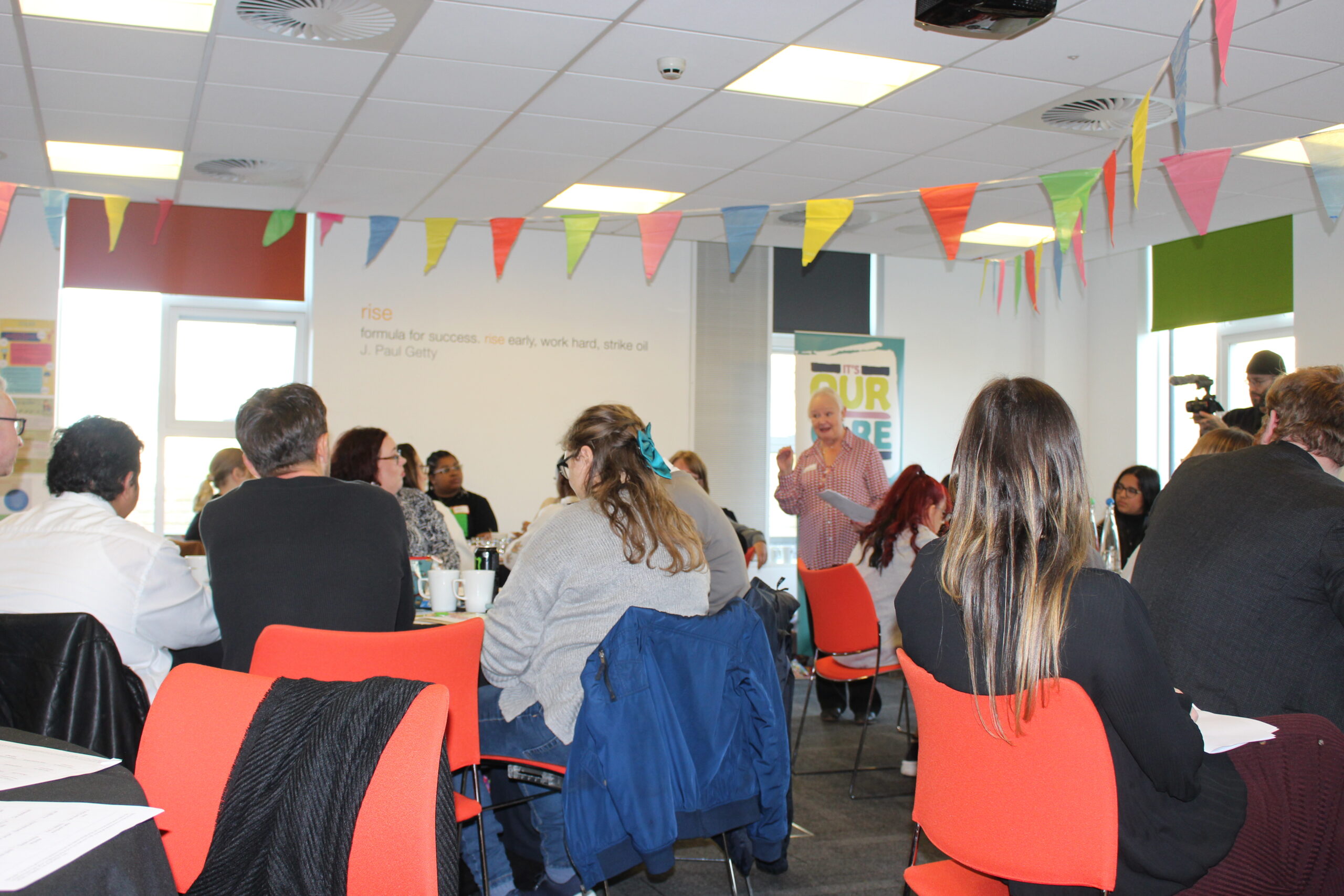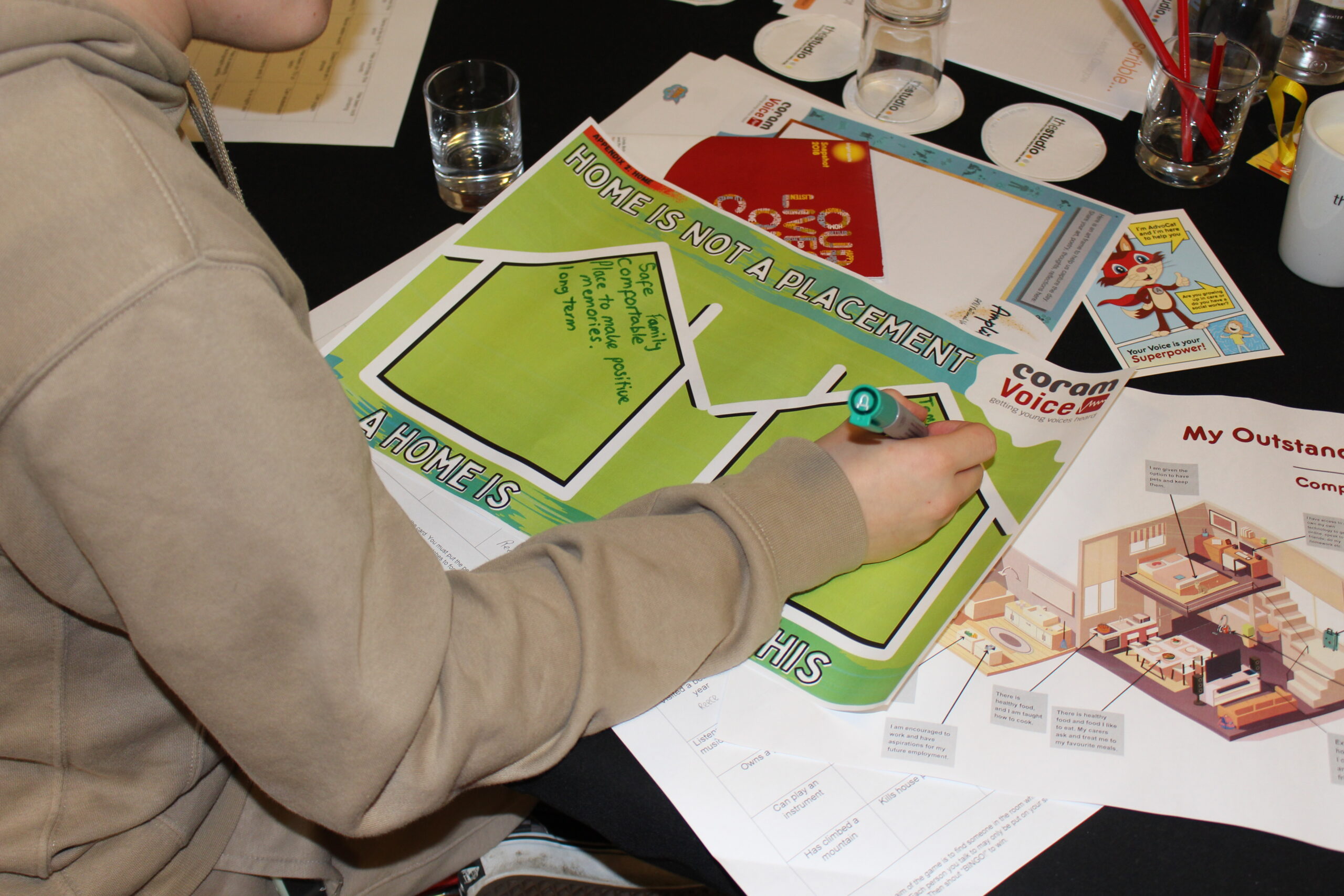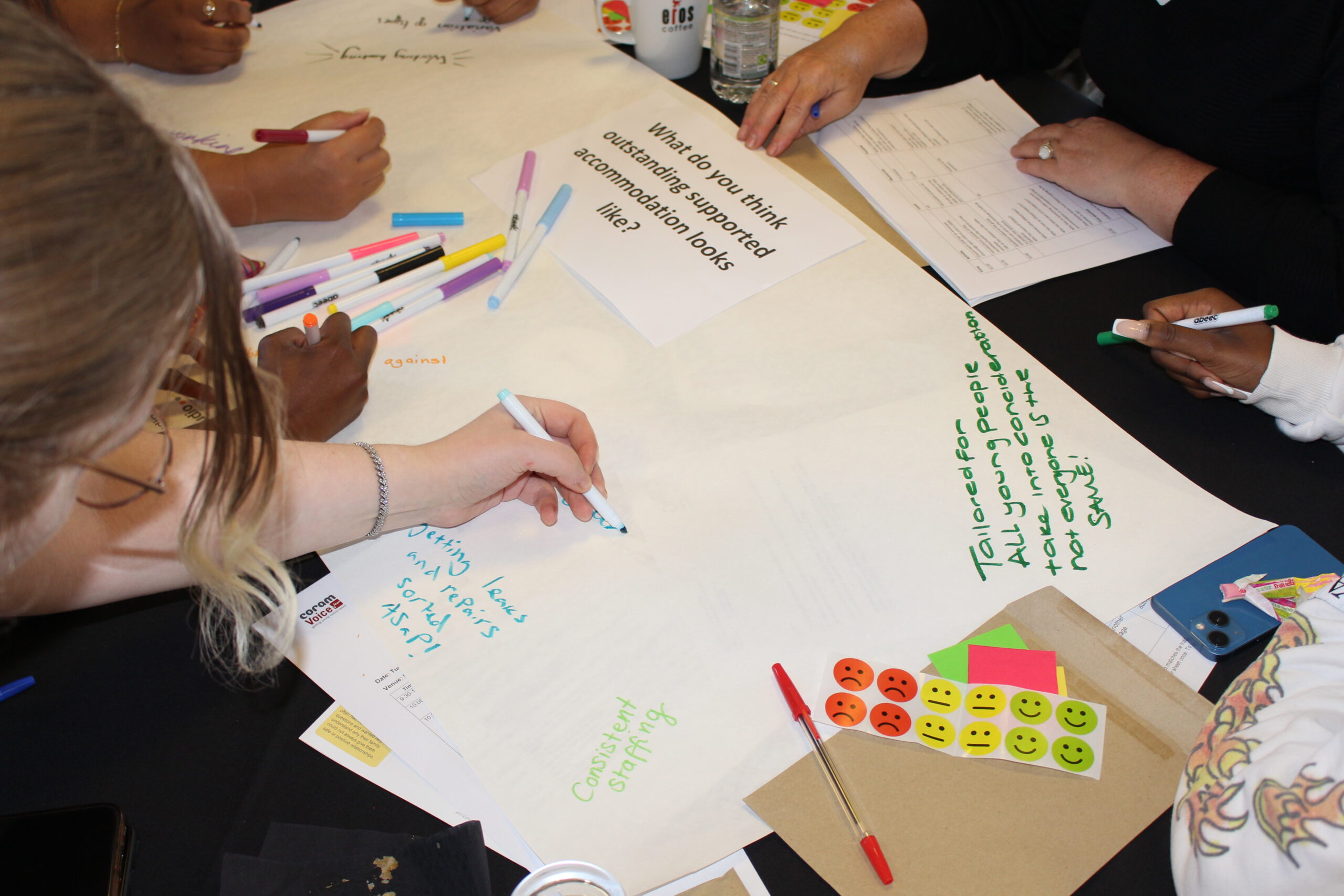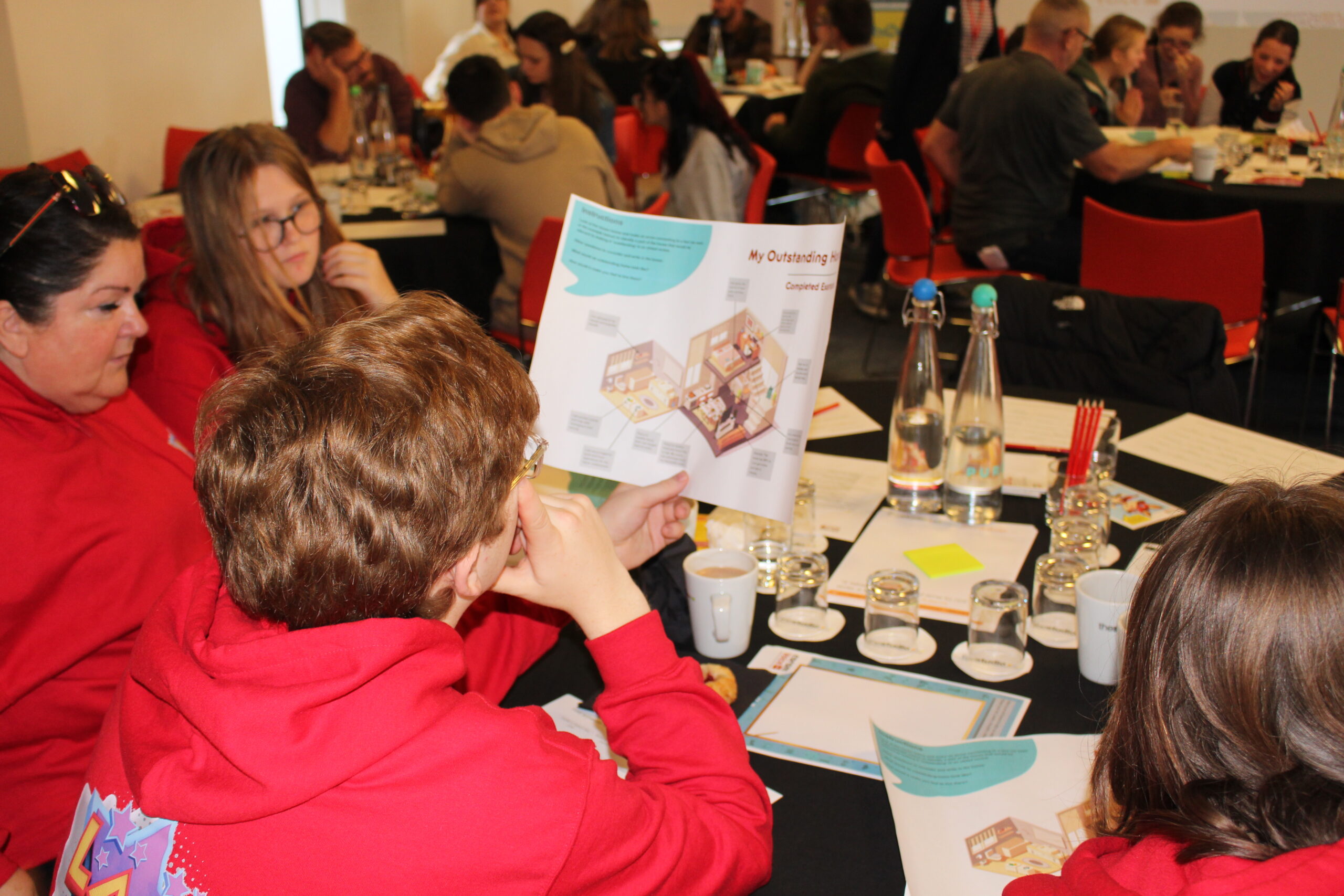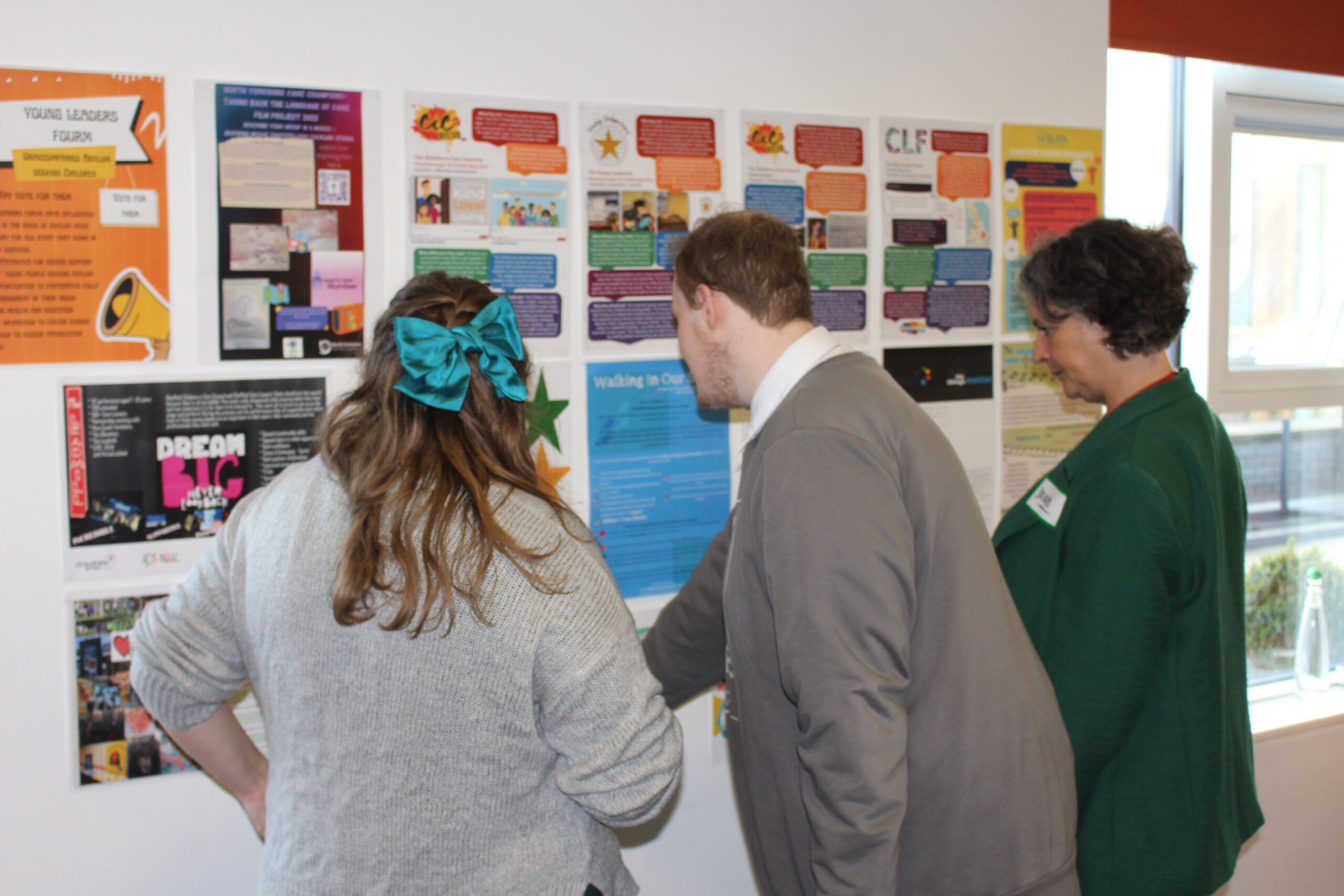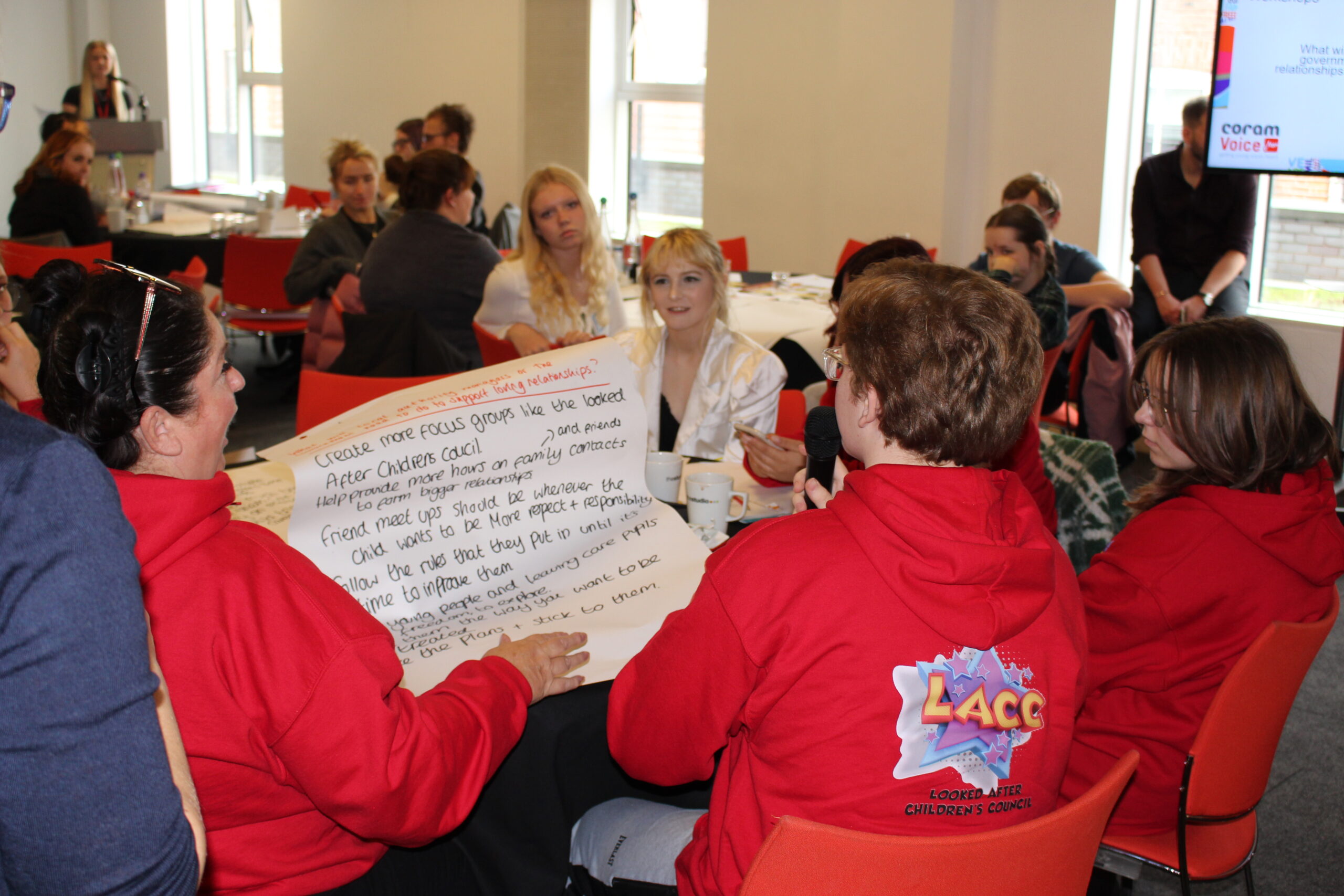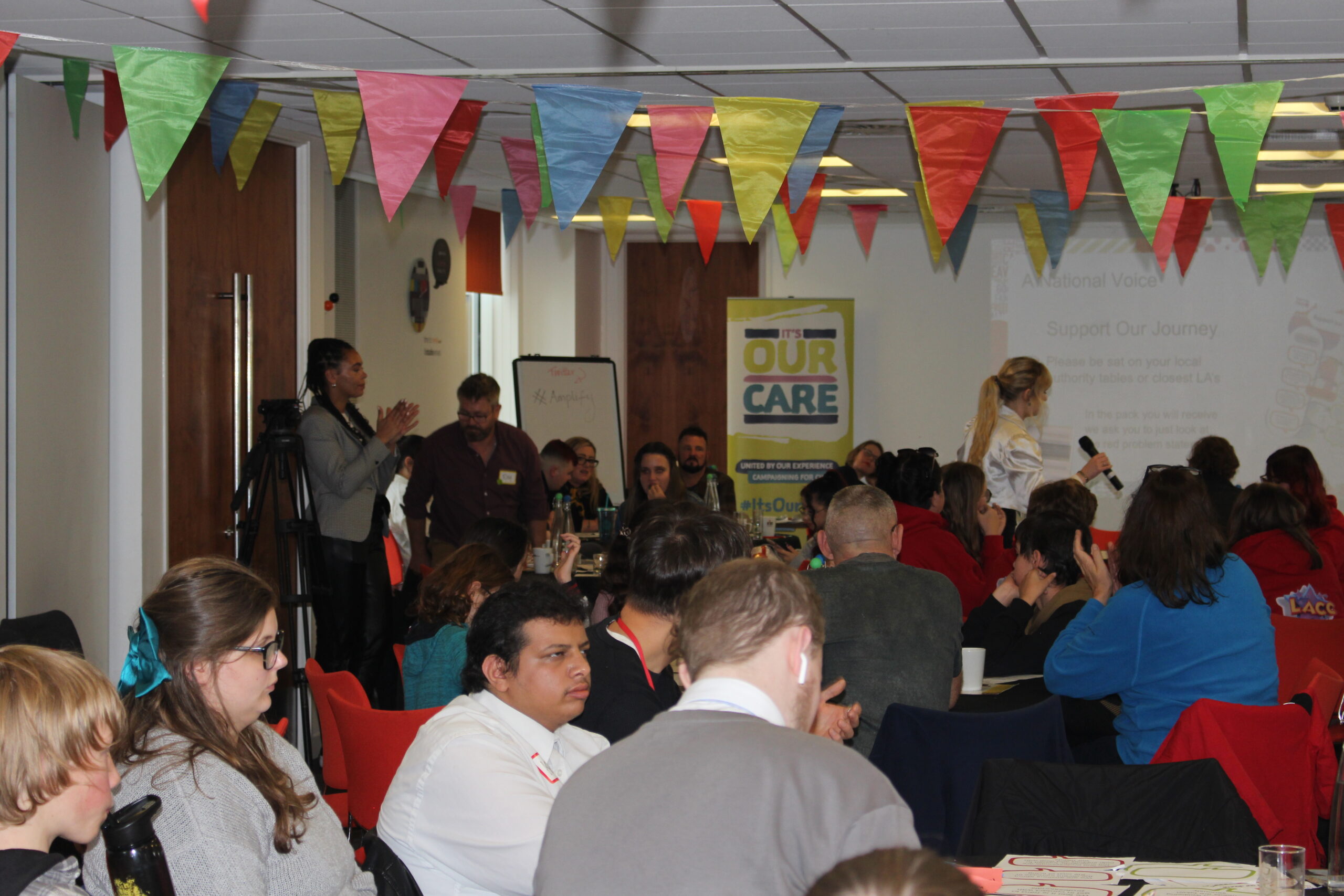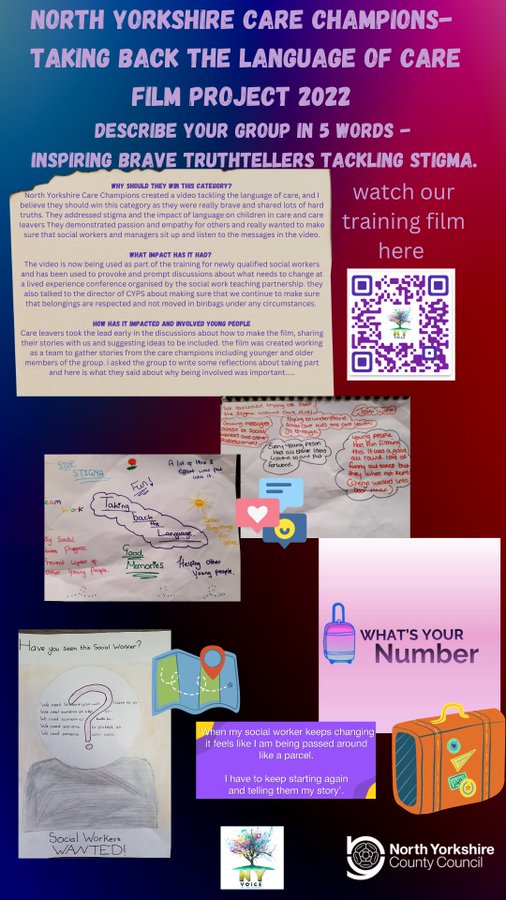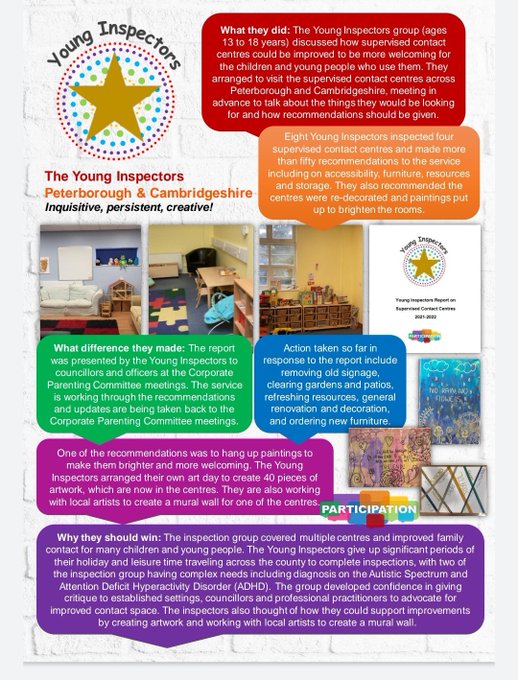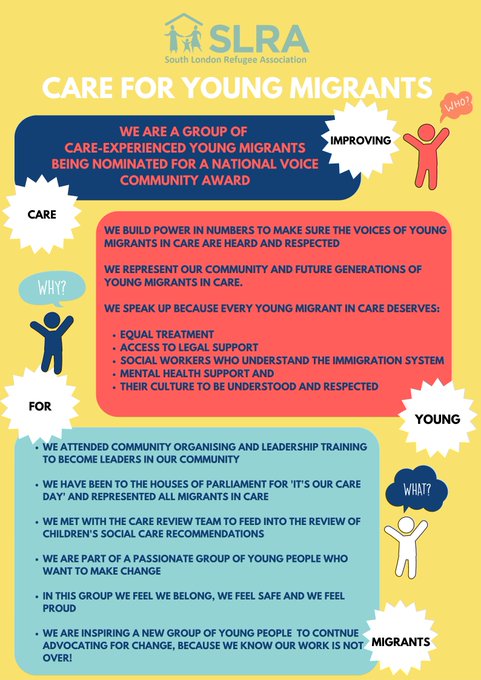30 Nov 22
We are looking for a new group of ambassadors for 2023-24 to drive the work of A National Voice by using the results from a national survey which all children in care and care leavers will have had the opportunity to participate in. Ambassadors will start their year with training and skills to prepare for their role and plan their campaign.
If this sounds like an opportunity for you, please complete the application form telling us why you would be a good ambassador. Alternately, you send in a voice recording or video clip answering the same question.
Successful applicants will be asked to attend a short interview to meet the team and talk more about the role.
What is a A National Voice ambassador?
Key to A National Voice is the ‘A National Voice Ambassadors Group’, which is a core group of young people aged 16-25 recruited annually from across the country, to represent each region and bridge the gap between local and national work. The A National Voice ambassador group meet on a once monthly basis.
We are looking for a new group of ambassadors for 2023-24 to drive the work of A National Voice. Ambassadors will start their year with training and skills to prepare for their role and plan the topics of focus for the year.
If this sounds like an opportunity for you, please complete the application form telling us why you would be a good ambassador. Alternately, you will find an email link at the end of the survey to upload a voice or video recording answering the same question. You can also send in a poster creation answering the same questions.
Successful applicants will be asked to attend a short interview to meet the team and talk more about the role.
How often do ANV meet?
A National Voice meet regularly once a month, in the last year this has been during a Saturday lunch time. Meetings take place virtually over Zoom.
You will be…
- A care experienced young person living in England aged 16-25
- Passionate about changing things for care experienced young people
- Able to commit to being an ambassador and attend the regular once monthly meetings for the year 2023-24
- Prepared to attend additional evening and weekend sessions when required
- Motivated, innovative, creative, strategic, and looking to take on a new challenge
- Willing to be involved in videos for social media during events like National Care leaver week
- Willing to be a spokesperson for your region
- Able to network children in care councils and other such groups
- Willing to get involved – you don’t need to be an expert or to have done anything like this before!

